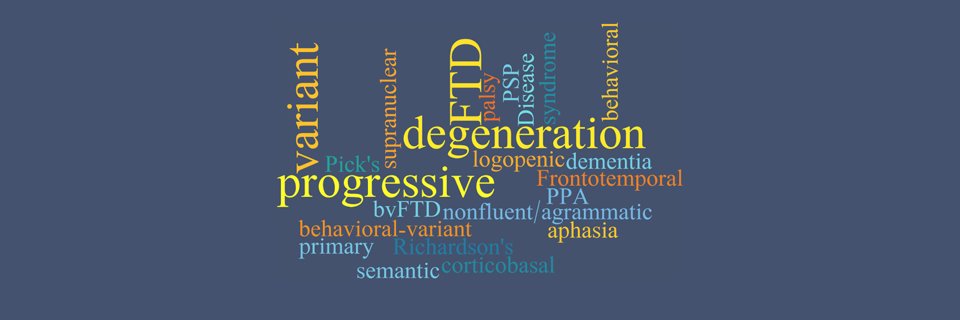
FTD Registry
@EndFTDregistry
The Registry is an online database to collect information from those affected by all types of frontotemporal degeneration (FTD).
Anyone with an interest #FTDdisorders research can join the Registry. By joining the Registry, you're helping drive research, improve care, and move us closer to effective treatments and a cure. Numbers have power. Be part of the progress: ftdregistry.org #endFTD

Shana Dodge & Penny Dacks are on the ground at #AAIC2025! Visit Booth 521 to learn how the FTD Disorders Registry supports your research with data, cohort tools & recruitment resources. Let’s move #FTDResearch forward together! #EndFTD #FTD #DementiaResearch
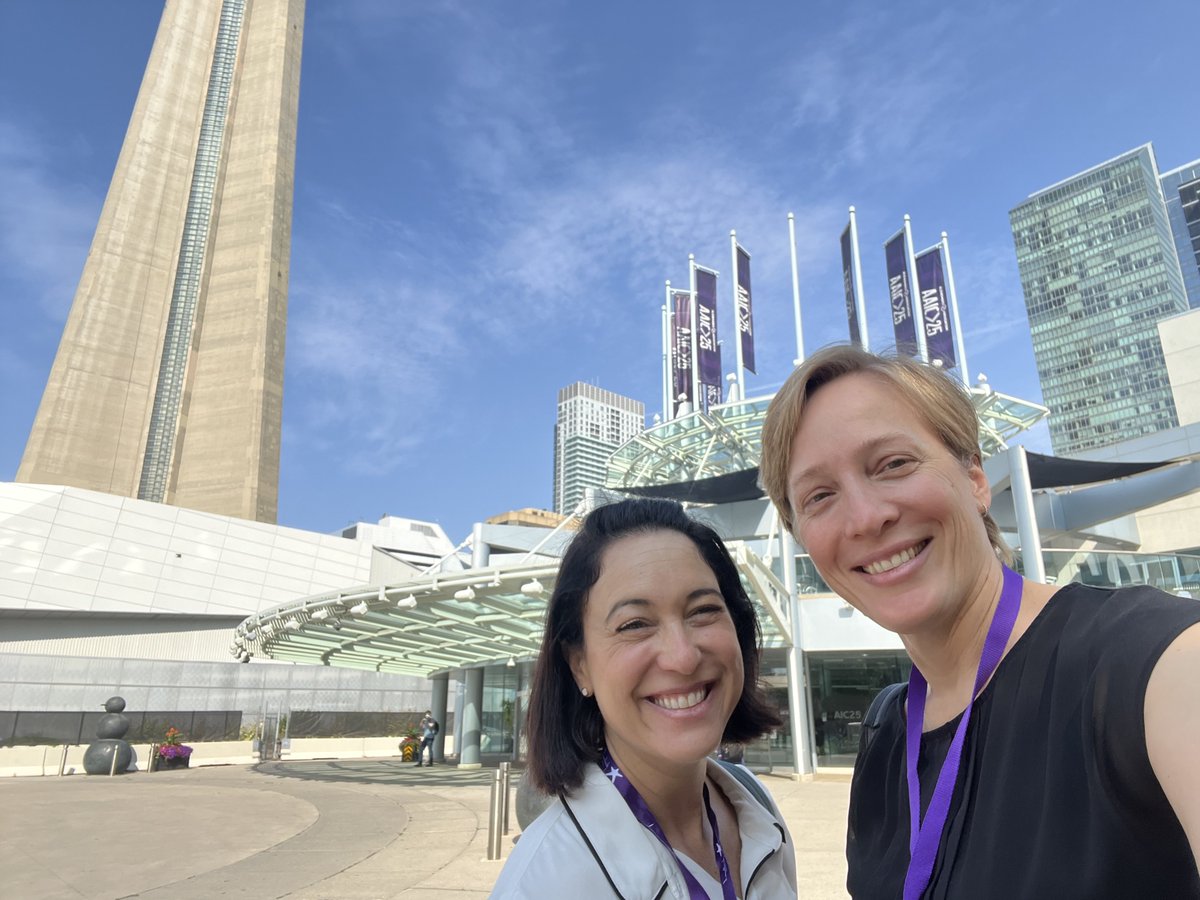
Coming to #AAIC2025? Visit Booth 521! The FTD Disorders Registry supports researchers with de-identified data and tools for study design, cohort discovery, and recruitment. Let’s move FTD research forward together. #EndFTD #FTDResearch #FTD
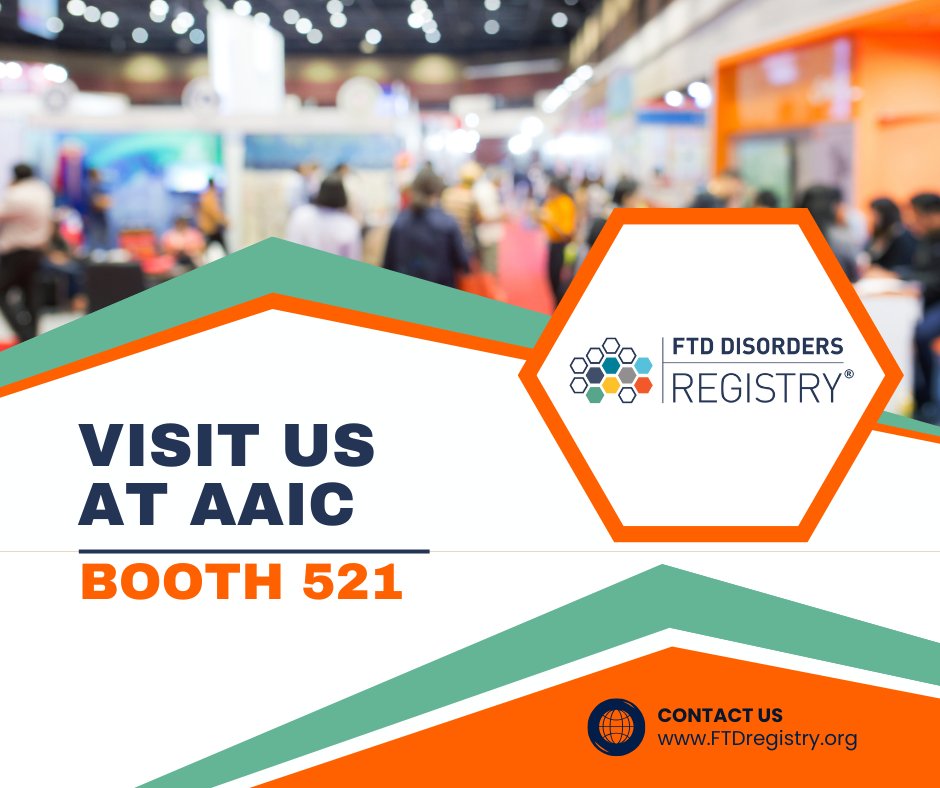
Can FTD-linked genes shape brain development before symptoms appear? A new study is exploring this question in families affected by genetic #FTD. Now enrolling across Canada and Europe. ftdregistry.org/press/new-stud… #endFTD #FTDResearch
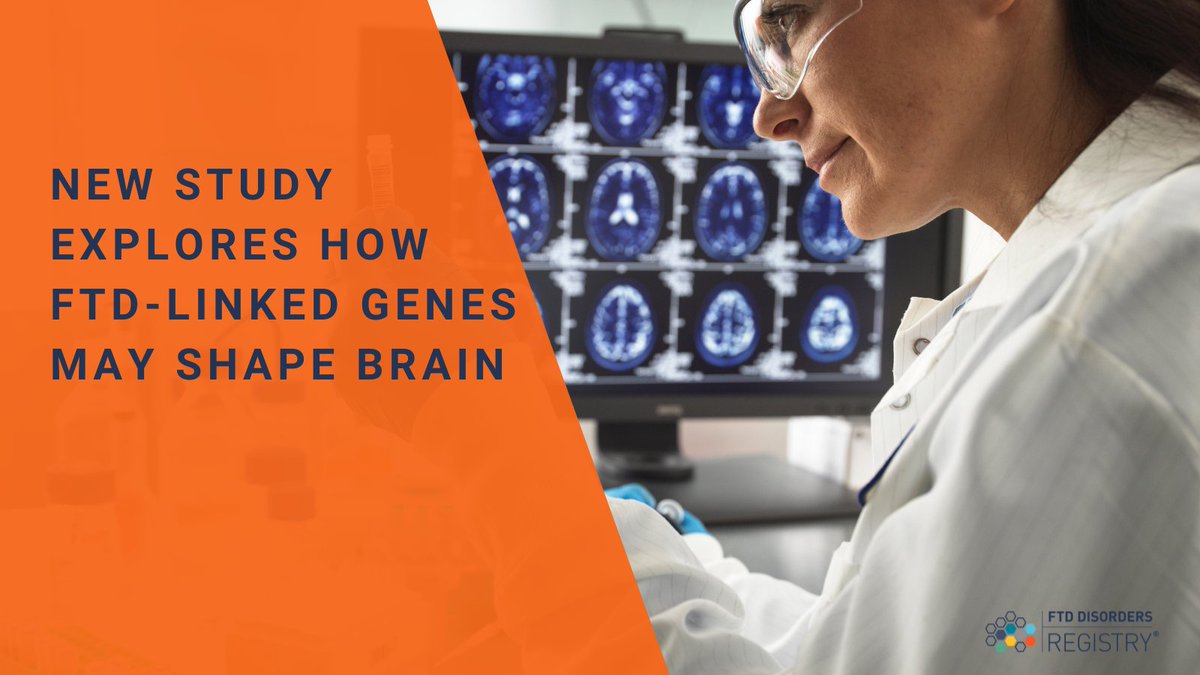
Why does longitudinal data matter in #FTDresearch? Tracking changes over time helps researchers understand how the disease progresses and how to treat it more effectively. See how your data makes a difference: ftdregistry.org/press/the-role… #FTD #endFTD
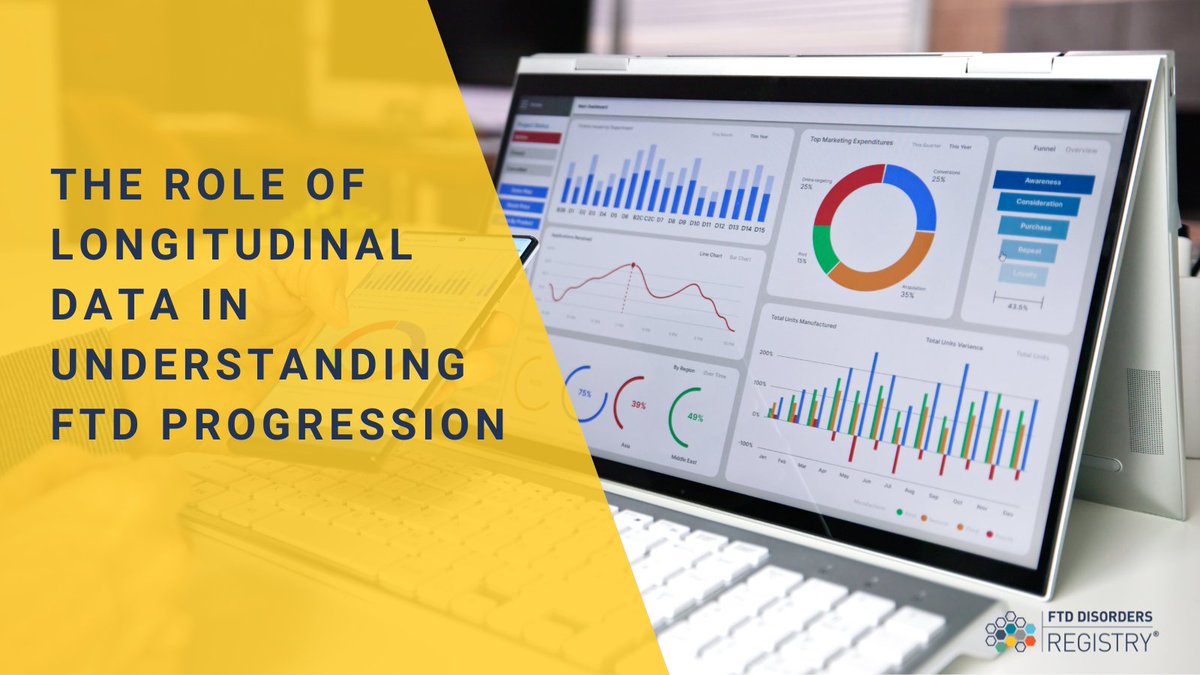
Thank you to everyone who answered questions about quality of care in last month's Quick Question. This month, we are asking about sleep challenges. To answer and see last month’s results, visit here: ftdregistry.org/quick-question… #endFTD
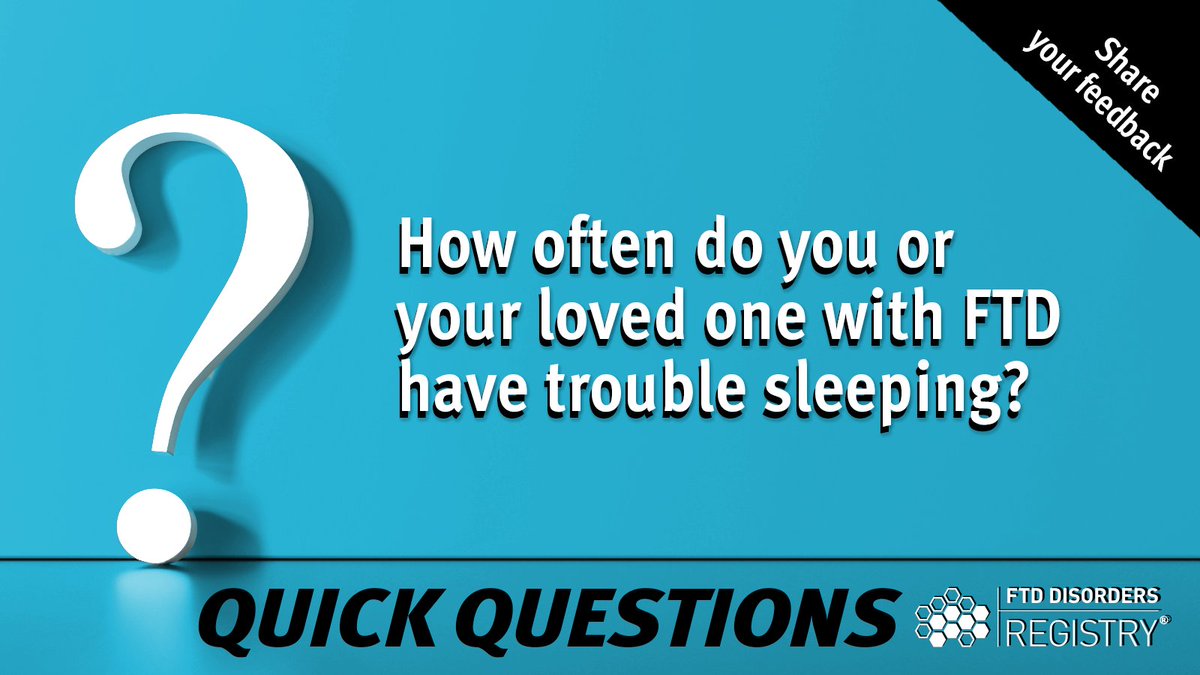
Wondering what happens after you join the FTD Disorders Registry? You get instant access to research opportunities + resources to help drive FTD research forward. Learn more: ftdregistry.org/press/what-hap… #EndFTD

A Chinese study identifies predictors of psychological well-being and self-rated health in care partners of people with #FTD and other forms of #dementia. 👉 Click here to learn more: bit.ly/4n0oh7Q
As we mark this Fourth of July, we honor the spirit of community and resilience that brings us together. Today, we also hold close the families and individuals impacted by FTD, whose strength and hope inspire progress every day. Wishing everyone a safe, restful holiday.

Join the National Alzheimer's and Dementia Resource Center, the Administration for Community Living, and RTI International for a free webinar this August 12th. Learn more and sign up: rtiorg.zoom.us/webinar/regist… #endFTD #FTD #caregiving

We have launched our new Researcher Portal. It is a powerful tool to help investigators access de-identified data & request Registry support to accelerate study recruitment. Learn how it can help advance FTD research: ftdregistry.org/press/ftd-regi… #EndFTD #FTDResearch

Finding participants is a big challenge in FTD disorders research. Without those connections, studies stall. The Registry helps link researchers and research-ready participants to speed discovery. Learn more: ftdregistry.org/press/accelera… #EndFTD #FTDdisorders #research
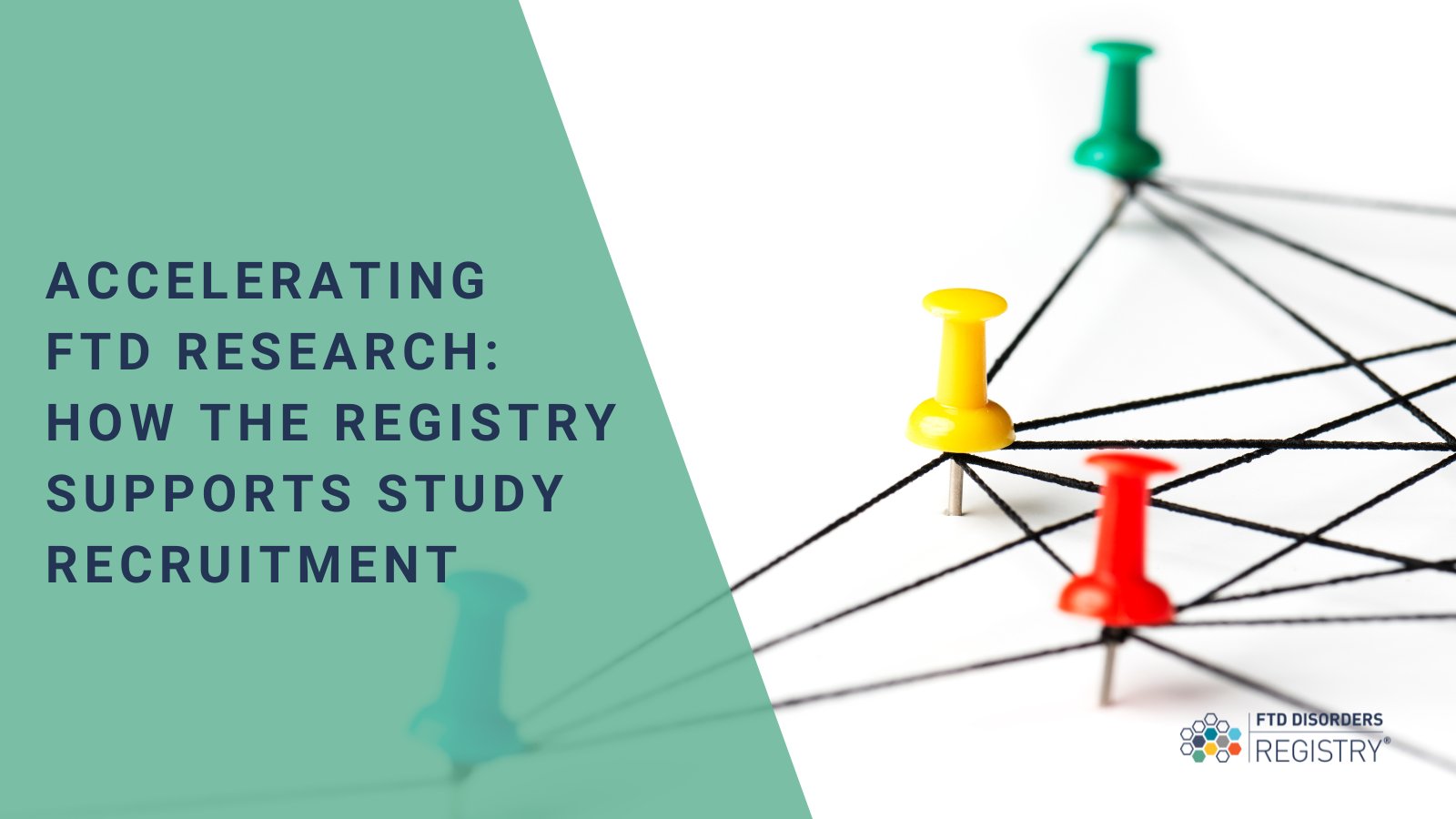
Care partners are wanted for a study that explores the challenges care partners face and how to improve resources and support systems for those caring for individuals with frontotemporal degeneration (FTD) and apathy. Learn more: ftdregistry.org/find-a-study/#…

Researchers at Emory are recruiting for the PATH Study — a 15-min survey for people with a family history of ALS, FTD, Ataxia, or Huntington’s (and no current symptoms). Must have a known mutation or a relative who does. Learn more: ftdregistry.org/find-a-study/#…

Thank you to everyone who answered questions about the diagnostic journey in last month's Quick Question. This month, we are asking about the quality of care you or your loved one has received for FTD. To answer and see last month’s results, visit here: ftdregistry.org/press/quick-qu…

The PREVENT ALL ALS Study is recruiting people with a family history of ALS or FTD — including known gene carriers and close relatives. You may qualify even without prior genetic testing. Learn more: ftdregistry.org/find-a-study/#… #ALS #FTD #research

Many people have questions about genetic testing. Genetic counselors can help you better understand your options. Learn more about why it is important: ftdregistry.org/press/why-your… #EndFTD #FTDdisorders

The University of Colorado Multidisciplinary Center on Aging is seeking participants for a research study about caregiver perspectives. They are seeking individuals aged 18+ who are providing care to a person living with dementia or FTD. Learn more: ftdregistry.org/find-a-study/#…

Understanding whether the FTD in your family has a genetic cause can provide clarity, guide care planning, and offer opportunities to participate in research. But accessing genetic counseling isn’t always simple. In AFTD's recent webinar, experts break down the different ways to…
The FTD Disorders Registry joined representatives from Cure GRN, @CureMAPTFTD, @CureVCP, & the @progranulin_nav for a visit to @PennFTDCenter. It was a powerful reminder of how research & community collaboration are driving progress to #EndFTD. ftdregistry.org/press/inside-t…
